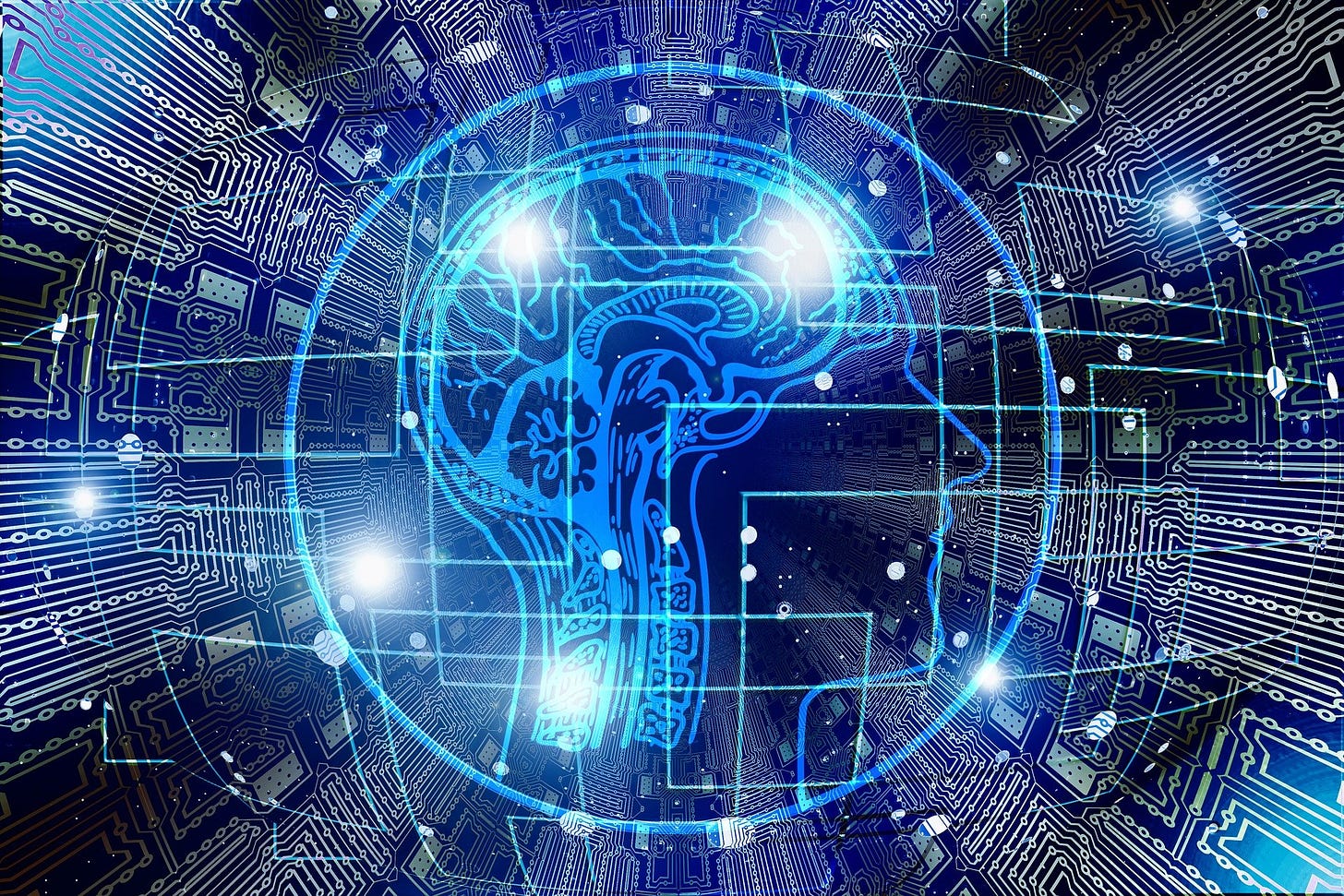
This morning (barely), I met up with one of my best friends, a computer science major, for a hearty breakfast at Four Aces.1 I don’t actually recall how the conversation came up, but my buddy got to explaining just how powerful ChatGPT’s creative and problem-solving abilities are. I had heard rumors in the news of middle, high school, and college students leveraging the software to write essay outlines and even entire papers; I was not aware that ChatGPT could write code based on nothing more than a prompt naturally describing a technical problem to be solved. My advanced programmer pal assured me that this was, indeed, the case.
As we continued contemplating the implications of ChatGPT, the conversation naturally drifted—OK, I might have steered it a little—to its potential economic impacts. Technology can augment the productivity of workers and be categorized as a complement to labor. Alternatively, technology can function as a substitute for specific sectors, think: cars and stagecoach drivers. Schumpeterian Entrepreneurship, i.e., creative destruction, has had negative distributional effects (particularly in the short run) for laborers since the dawn of time and particularly since the industrial revolution. Until the creation and rapid dissemination of ChatGPT, I cannot think of an invention that threatened knowledge workers. Could ChatGPT, with enough training on specific data sets, computational power, and iterative improvements, even hypothetically replace knowledge workers?
I’m no computer scientist or futurist, but my friend described ChatGPT as tantamount to having a “junior programmer” at your instant disposal. According to my buddy (read: anecdotally [take with a grain of salt!]) ChatGPT can spit out a solid first iteration of high-level code in seconds, leaving only minor bug-correcting for the human programmer. As an optimist, I view this as an incredible, TFP-enhancing complement to knowledge workers. If I were a pessimist, I would begin to develop skills in a particular blue collar trade. After all, ChatGPT might be able to tell you what’s probably wrong with your sink if you describe the problem with enough granularity but it cannot physically repair your leaking pipes.
Perhaps there’s a silver lining here. If ChatGPT replaces knowledge workers, it will elevate the economic position of blue collar and service sector workers (at least relatively speaking), thereby decreasing the Gini Coefficient, cooling socioeconomic tensions, and reducing the risk of calamitous class conflict.
What do you think, dear reader? Will ChatGPT make knowledge workers even more valuable, thereby increasing the Gini Coefficient? Will ChatGPT make the macroeconomy so much more productively efficient, increasing total surplus for all, distributional concerns will be made wholly irrelevant? Will knowledge workers concerned about ChatGPT creatively destroying their jobs lobby for laws against the software in certain sectors? I frankly can see ChatGPT precipitating any number of possible futures, some brighter than others, and am incredibly curious to see how it impacts society and the economy.
The only Upper Valley breakfast establishment in *fierce* competition with Hanover’s very own Lou’s.




